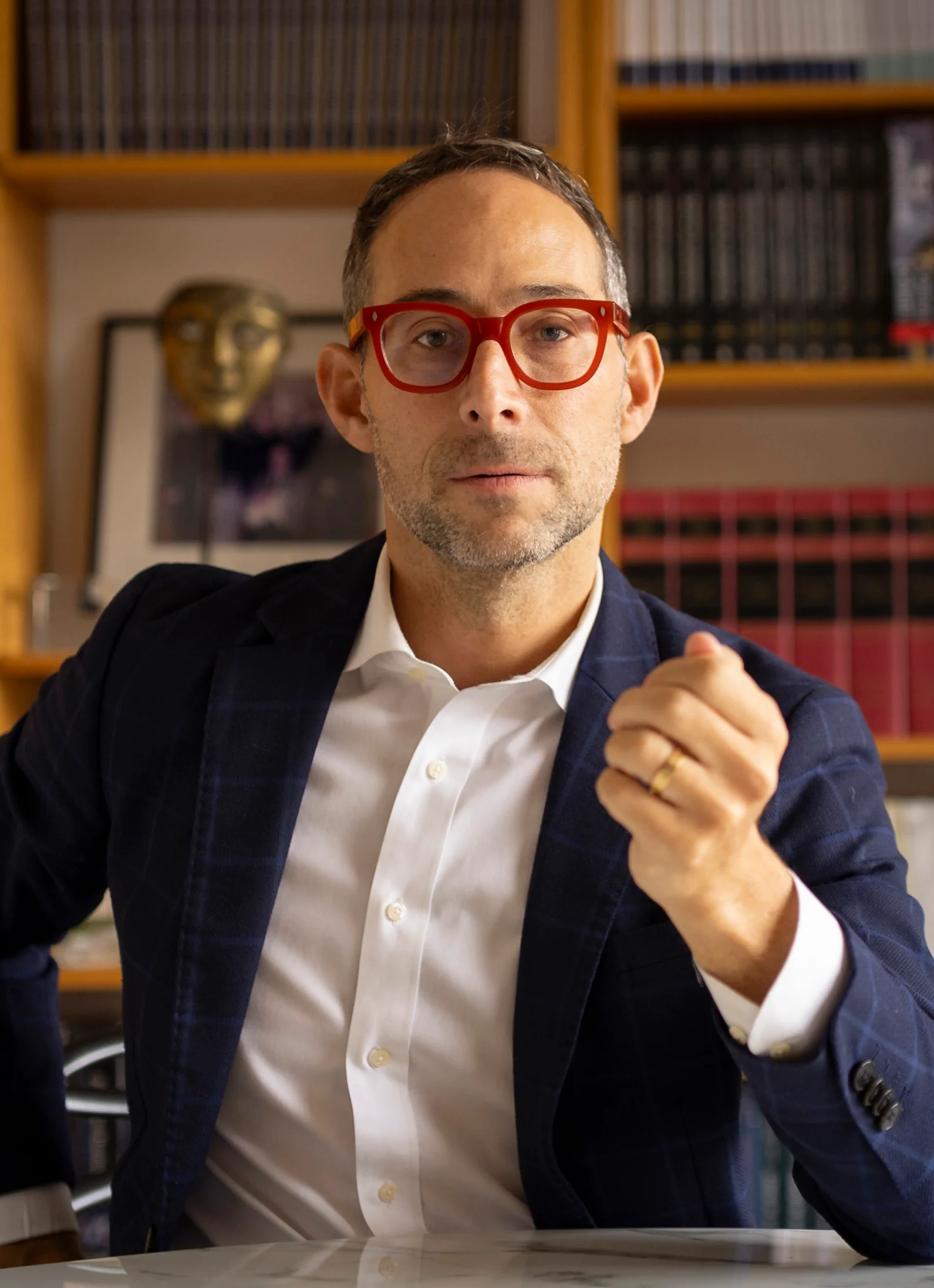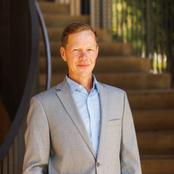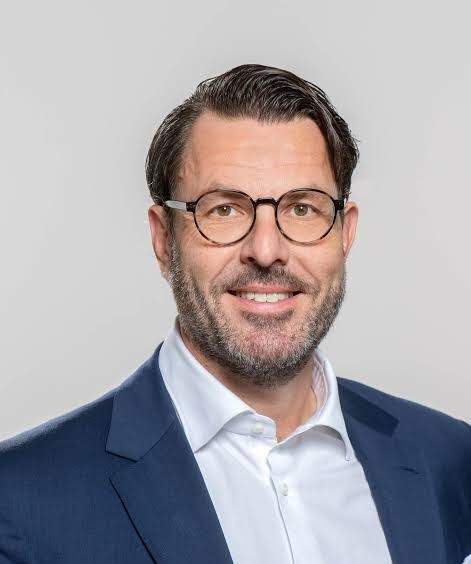
Quantum Technology: Why standards should come before regulation
Quantum technologies could be even more transformative than AI. But instead of rushing to regulate, experts including Urs Gasser (TUM), Mateo Aboy (University of Cambridge), I. Glenn Cohen (Harvard), and Mauritz Kop (Stanford) argue in Science that international standards should come before laws to ensure responsible development.
About
Quantum technologies are progressing at a rapid pace, with the promise of advancements in science and society. But with this innovation comes significant risk. Cybersecurity threats, the potential for weaponization, and the global race for quantum dominance could reshape industries and societies in profound ways. How do we ensure that these advancements benefit everyone responsibly?
Building upon high-tech areas such as medicine, the authors recommend a certifiable quality management system (QMS) for quantum technologies. This system would address not only technical aspects like stability and safety but also integrate legal, ethical, and societal considerations into development and operation. Such an approach could lay a foundation of trust and accountability, enabling future regulation to be built on these standards.
“Precisely because the technology is so complex, technical standards must come first,” says Urs Gasser, PI of the Quantum Social Lab at the TUM Think Tank and Co-PI of the TransforM Excellence Cluster. “The issue becomes clear in the case of AI regulation in Europe, where the reverse approach was taken: we now have an EU AI Act, but, standards will need to be developed feverishly in the coming years to understand what the regulation means and what compliance looks like in practice. This can create significant legal uncertainty and strain the innovation climate at a critical moment.”
Read the whole interview with Urs Gasser here.
Lessons from the past
The success of technologies ranging from the Wi Fi to medical devices provides strong evidence that standards can contribute to responsible innovation while mitigating risks. Just as ISO has operationalized data protection and IEEE has facilitated wireless communication, quantum technology can benefit from a broad range of standards that will guide its growth and ensure compatibility across systems.
Multiple organizations are already at work establishing standards for quantum technologies. For example, ISO and IEC have formed a joint committee to develop key standards in quantum computing and communications. IEEE and NIST are collaborating on new standards for post-quantum cryptography and interoperability. These and related efforts are a crucial step toward creating a common framework for the global development of this technology.
In light of these efforts, the authors of the paper in Science propose the development of a certifiable QMS for quantum technologies that would incorporate ethical values and legal requirements alongside technical specifications. Such systems would be certified by independent bodies like TÜV, ensuring a trustworthy framework for the industry.
Collaboration Across Borders
Standards offer an opportunity for international cooperation, even among nations with competing interests, such as China, the U.S., and Europe. These standards enable investments in quantum technologies, offering a global framework that supports both innovation and safety.
While the process of creating standards may not follow a typical democratic legislative approach, and have other important limitations, it is far from an isolated technocratic endeavor. Standardization bodies increasingly bring together a wide range of stakeholders, including companies, civil society, research institutions, and government agencies, to ensure that societal concerns, such as privacy, safety, and inclusion, are addressed.
A Call for Action
The paper encourages governments to engage in technical standard-setting first and build legal regulations on top of it in a next step, ensuring that national policies align with global technological progress while addressing local societal debates.
This policy paper integrates findings from the Quantum Social Lab at the TUM Think Tank and contributes to the ongoing TransforM Cluster of Excellence discussions.

Mateo Aboy
Director of Research, Centre for Law, Medicine, and Life Sciences, University of Cambridge

I. Glenn Cohen
Deputy Dean, Harvard Law School

Mauritz Kop
Founding Director, Stanford Center for Responsible Quantum Technology
